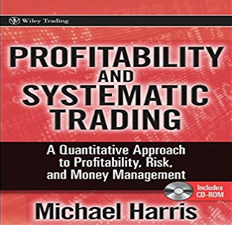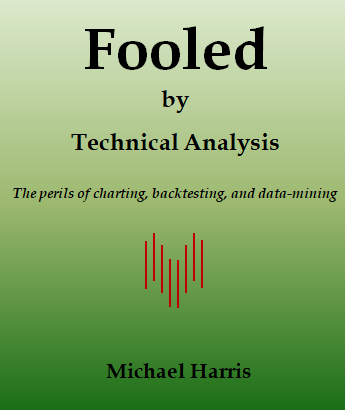The bulk of the losses of U.S. stock market have occurred outside regular trading hours since this correction started. In fact, there has been significant buying by investors and traders during regular trading hours. The chart below is revealing.
Article updated as of close of Wednesday, March 18, 2020.
The daily SPY ETF chart below shows the overnight (red line) and regular trading hours (green line) accumulation. Red is sum of differences from close to open of next day and green is the sum of differences from open to close of the day.
Since February 20, 2020, the ETF has lost nearly 79 points in overnight and only about 6.5 points during regular trading hours.
Or the contribution of overnight in the combined loss is 92.4% !!!!!!!!!!!
Updated chart as of close of Wednesday, March 18, 2020
Overnight accumulation is -95.5 versus -2.8 during regular trading hours. This means that during the day the market has stayed nearly flat in this crash period.
The market is open 6.5 hours, that’s about 28% of the full day but the losses are 97% during the overnight. This does not make any sense.
End of update.
I will refrain from framing any hypotheses of what has happened but this is peculiar.
Furthermore, in a course of 19 days of this plunge:
For 11 days the market fell on the open.
For 8 days the market close was higher than the open.
For 5 days the daily return was positive.
For 14 days the daily return was negative.
Are the above statistics “normal”? Again, I will let readers think about this.
My job is to look for anomalies in price action and I usually do not try to explain them. In my opinion what you see above is the extreme of anomalous price action.
Charting and backtesting program: Amibroker
Data provider: Norgate Data
If you found this article interesting, you may follow this blog via RSS or Email, or in Twitter









